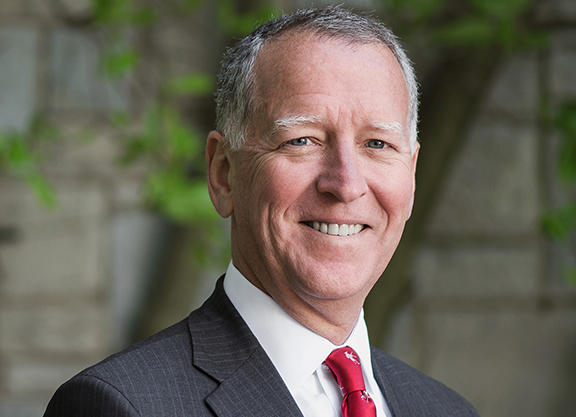As discussions about improving diversity and inclusion continue in a range of sports and businesses, The Racing Biz debuted its first in a series of panels last week addressing the subject in horse racing. The 'Truth to Power' series is a cooperative effort between the trade publication and the National Thoroughbred Racing Association.
The first panel was anchored by The Racing Biz owner/publisher Frank Vespe and featured writer Teresa Genaro, NTRA director of communications Alicia Hughes, owner Ray Daniels and horseman/bloodstock agent Greg Harbut. It also featured clips from a pre-recorded conversation between Vespe and Rose Grissell, head of diversity and Inclusion for the British Horseracing Authority, about strategies to improve diversity across the pond.
Catch a full replay of the panel discussion here. A few key takeaways:
- Many point to the number of female or non-white exercise riders, jockeys, and assistant trainers working in racing as evidence that the sport doesn't have a problem with diversity and inclusion. That doesn't really hold up, panelists say, because senior management and boards of companies, racing commissions, and other groups are still almost entirely made up of white men, with limited exceptions. Hughes pointed out that at the time of the panel, there had been eight public announcements about hiring or promotion of upper-level staff at racetracks since Nov. 30. All eight were white men. No doubt, Hughes said, they were well qualified for their roles, but that doesn't do much for those companies' assertion that they prioritize diversity and inclusion.
- Often, this homogeneity is explained as institutions simply “hiring the best person for the job.”“That is either ignorant or just deliberately obtuse because it suggests from the get-go that the most qualified person for the job is a white man,” said Genaro.
“When you talk about embracing diversity and your practices don't line up with it, it makes me question – what are your hiring practices?” echoed Hughes. “Where are you advertising these jobs? Are you advertising these jobs? How many people were interviewed? How many people from diverse backgrounds were interviewed? How many people of color were interviewed? I have a hard time, both in my lived experience and my research, finding tangible evidence that these organizations are backing up their statements with action.”
- By contrast, Grissell said British sports organizations funded by the government are required to have at least 30 percent female participation on their boards.
- Prioritizing diversity at the upper levels of an organization or business does a few things. It attempts to level the playing field to make sure traditionally underrepresented groups are getting a fair shot at advancement. It signals to women and minorities that they are valued by that business. It also helps the business improve its internal and external communications to be more appealing to a broader range of people.Harbut pointed out that that public relations aspect is important, because racing needs all the help it can get to grow right now. If nothing else, reaching out to new demographics is just good business.
“It's no secret the industry is struggling right now to attract new fans … you don't see the younger generation embrace racing the way they do in Lexington,” said Harbut.
- Passively allowing people of all backgrounds to attend racing doesn't mean they're going to feel comfortable or interested in doing so.“We're simply not engaging with certain groups of the population in the UK, whether that's through perception or the reality of barriers,” said Grissell. “Our marketing and media presents racing in a certain way which could potentially be seen as exclusive to some. I think we can't be naïve or even arrogant enough to think just because we've opened the doors, people are going to walk in. We have to show them why racing is a sport for them.”
- Hughes pointed out the struggles and triumphs of NASCAR as an example to horse racing. NASCAR had similar issues to horse racing with declining ratings and a homogenous fan base. When the sport banned the Confederate flag at its tracks and supported a driver who was initially thought to be the target of a racially-motivated hate crime, Hughes said the organization lost a few fans – but it gained many more. Its actions also generated national attention that led high profile personalities like Michael Jordan and Pitbull to begin investing as owners.
- If you're watching the diversity and inclusion conversation with interest and thinking about improving policies in your company, panelists urge you – hire a professional diversity training service to help you. Too often, the burden of organizing new programs in this subject area falls to a junior member of staff because they are female or BIPOC and assumed to be subject matter experts. The problem with that is that building new company policy, marketing, staff training, etc., quickly becomes a time-consuming unpaid task for that staff member.
See the full panel replay here.
The post Diversity In Racing: Panel Examines How The Sport Is Doing, Where It Can Improve appeared first on Horse Racing News | Paulick Report.

